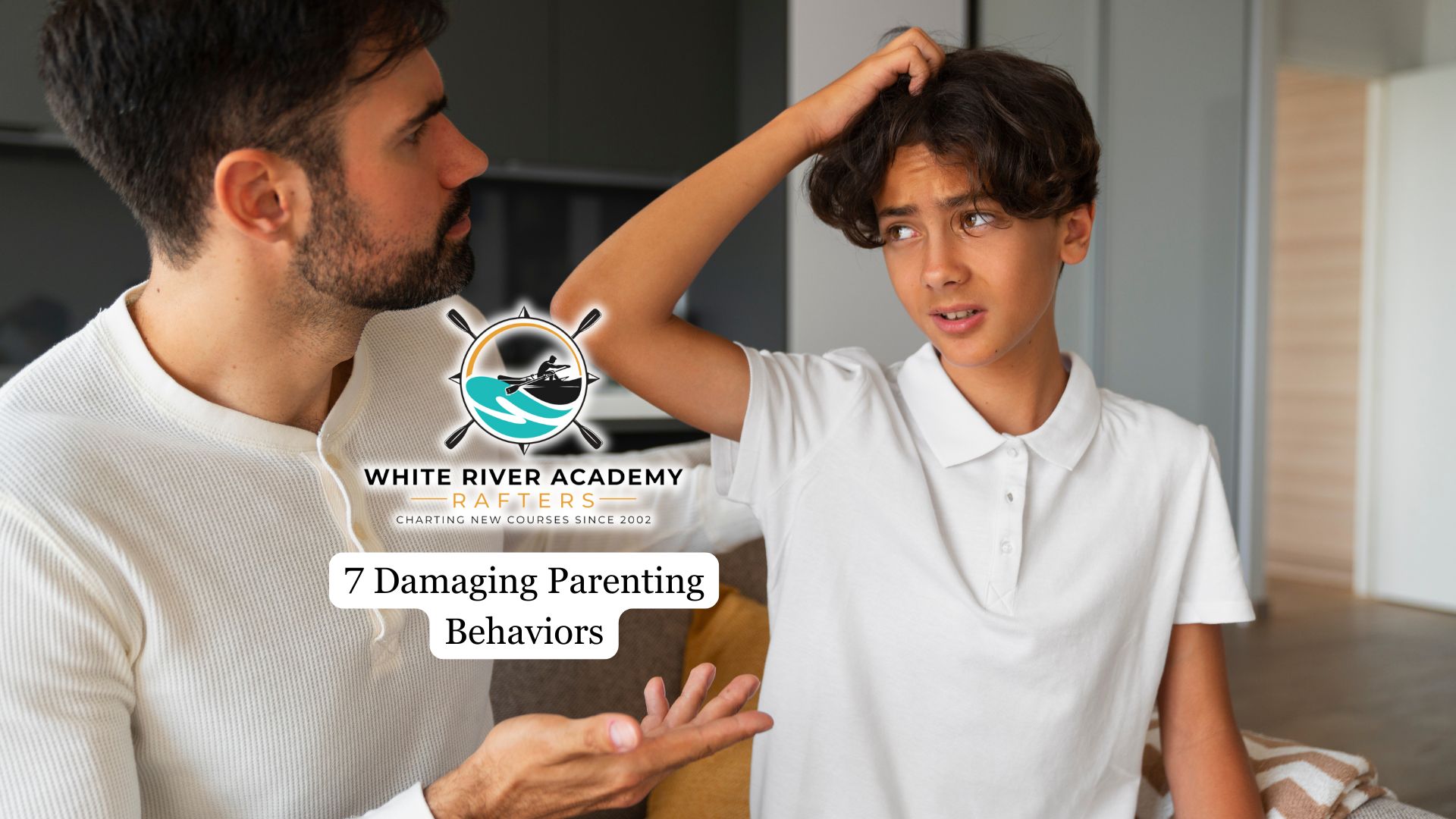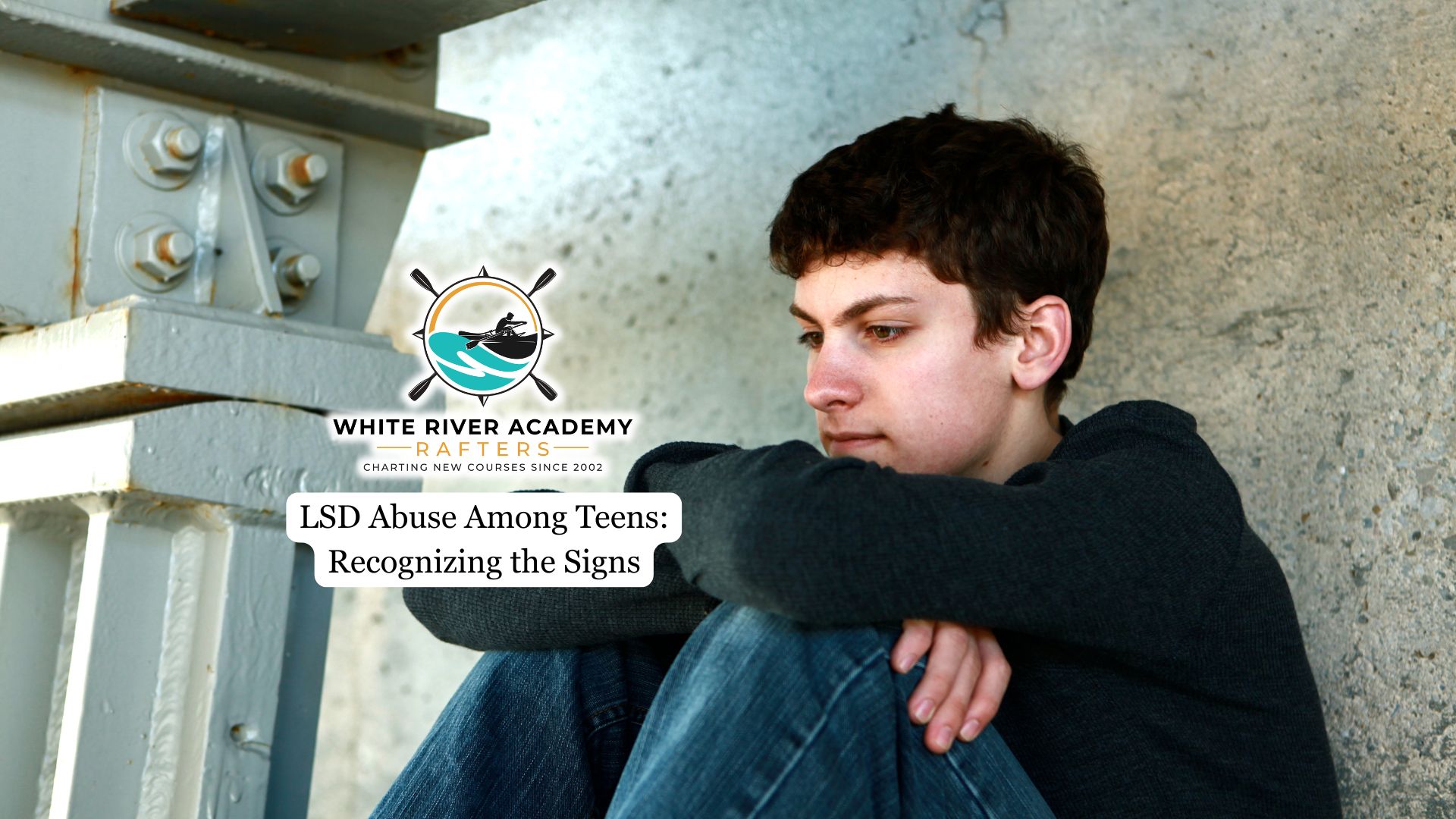Parenting is one of the most challenging yet rewarding roles a person can take on, but it’s also a role where mistakes can have lasting consequences. While no parent is perfect, certain behaviors can be particularly damaging to a child’s emotional well-being and development.
In this article, we’ll explore seven of the most harmful parenting behaviors that can negatively impact children.
Neglect
Neglect encompasses more than just failing to provide physical necessities, as it also includes a lack of emotional support, supervision, and access to education. Children who experience neglect often struggle with low self-esteem and emotional regulation, exhibiting behavioral issues due to the absence of proper guidance.
They’re at a higher risk of developing anxiety and depression later in life, with 1 in 10 children experiencing some form of neglect. Emotional neglect can lead to feelings of unworthiness and difficulty forming healthy relationships as adults.
On top of that, neglect can hinder cognitive development, resulting in lower academic performance and difficulty acquiring essential life skills.
It’s crucial for parents to recognize the importance of providing both physical and emotional support to their children, as the consequences of neglect can have a profound impact on a child’s overall well-being and future success.
For young men struggling with the aftermath of parental neglect, comprehensive programs for troubled male youth, can help them to break negative cycles and build a brighter future.
Controlling Behaviors
When you engage in overprotective parenting, excessively monitoring and micromanaging your child’s activities, you’re depriving them of valuable opportunities to explore their interests, make decisions, and learn from their mistakes.
This controlling approach often leads to children struggling with anxiety and low self-esteem, as they feel incapable of handling challenges on their own.
Your controlling behaviors may also inadvertently foster rebellion, as your child resists authority and engages in risky behaviors to assert their independence. This dynamic can strain the parent-child relationship, causing your child to feel misunderstood and resentful, which can lead to communication breakdowns and emotional distance.
To support your child’s healthy development, it’s crucial to strike a balance between providing guidance and allowing them to develop autonomy.
Emotional Manipulation
When parents employ tactics like guilt-tripping or using their child’s feelings against them, they create an unhealthy dynamic that can lead to long-term issues with self-esteem and trust.
Children subjected to emotional manipulation often feel responsible for their parents’ emotional states, making it difficult for them to establish healthy boundaries. This reinforces the idea that their feelings are unimportant, which can result in emotional numbness and challenges expressing emotions later in life.
Emotional manipulation in parenting is a damaging practice that can leave deep scars, affecting a child’s ability to navigate their emotions and relationships effectively.

Lack of Boundaries
When you don’t provide a consistent framework for acceptable behaviors, your child may struggle to understand limits, leading to confusion and potentially fostering a sense of entitlement or rebellion.
This lack of boundaries can also hinder their ability to develop autonomy and self-discipline, as they may not learn how to make decisions independently or understand the consequences of their actions.
Children raised without clear boundaries are more likely to exhibit behavioral issues, including aggression and defiance, and may have difficulties with authority figures. These challenges can persist into adulthood, manifesting as dependency issues and struggles to set personal boundaries in relationships.
Physical Abuse
One of the most damaging parenting behaviors is physical abuse, which involves intentionally using force to cause bodily harm, injury, or trauma to a child.
It’s a critical form of child maltreatment that affects approximately 1 in 4 children in the United States, leading to severe long-term psychological and emotional consequences.
If you’re a victim of physical abuse, you’re at a heightened risk of developing mental health issues like anxiety, depression, and PTSD.
The abuse can disrupt your development, affecting your ability to form healthy relationships and regulate emotions, potentially leading to cycles of violence in your own parenting styles later in life.
The impact of physical abuse extends beyond immediate injuries, as it may also lead to academic challenges, behavioral problems, and increased aggression.
Inconsistent Parenting
When you apply rules and consequences erratically, your child becomes confused about what’s expected of them, leading to behavioral problems and difficulties with authority figures.
Inconsistent parenting undermines your child’s sense of security, causing anxiety and instability in their relationships later in life. Without clear boundaries, your child may develop entitlement issues and struggle to cope with disappointment.
Your inconsistent responses to their behaviors can breed frustration as they feel uncertain about your reactions, hindering their emotional development and self-regulation skills.
Modeling Unhealthy Behaviors
When parents model unhealthy behaviors, such as poor communication or toxic conflict resolution styles, they inadvertently teach their children these same negative patterns, setting them up for difficulties in forming healthy relationships as adults.
Children who observe their parents engaging in toxic behaviors, like emotional manipulation or excessive criticism, are more likely to replicate those behaviors in their own interactions.
Consistently exposing your child to unhealthy behaviors, such as shaming or sarcasm, can erode their self-esteem and emotional well-being, contributing to long-term mental health challenges.
Children raised in environments where negative behaviors are normalized may struggle with emotional regulation and develop maladaptive coping strategies, including substance abuse or aggression.
Final thoughts from White River Academy
At White River Academy, we recognize the intricate difficulties that can stem from problematic parenting practices, especially in how they impact young men during their developmental years. Our residential facility for troubled adolescent males provides a singular chance for recovery and personal development. We offer a structured setting where these young men can address the consequences of harmful parenting behaviors and cultivate more beneficial coping strategies. For more information about our programs, visit our homepage.




